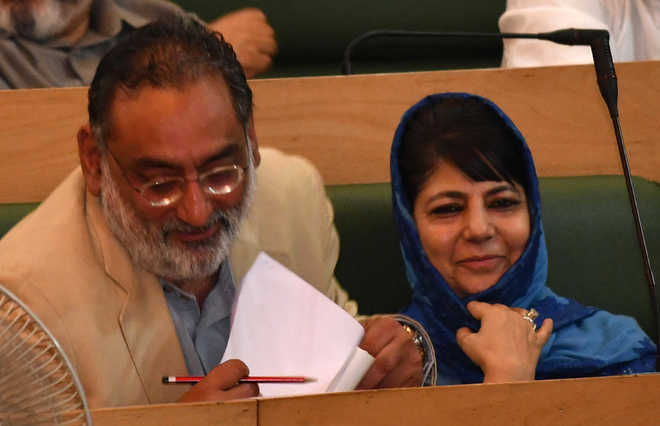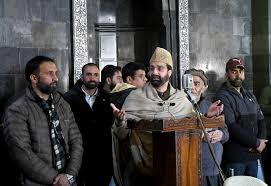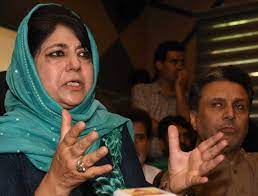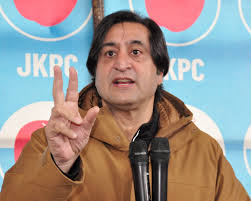MUCH more needs to be done after extension of the GST regime to Jammu and Kashmir. It is not an accomplishment in itself but a work in progress.
The very fact that it took a week for the state to roll out the GST regime after the rest of the country did it on July 1, shows that there were many wrinkles to be ironed out. The Opposition has its own take on it and that will make matters fearsomely complex. It will have serious ramifications, if not handled properly.
The Presidential Order recognising the state government’s powers to levy taxes as per its special status under Article 370 of the Indian Constitution is a symbolic victory for the PDP. It is right in claiming vindication of its stand of preserving the special status of the state. The BJP is in a state of euphoria as it is of the opinion that the GST has led to the integration of the state with the rest of the country. This begets a question: was the state isolated from the rest of India before this? The BJP and PDP versions have different tones but there are challenges ahead for both parties in the coming future.
The GST has reminded J&K of it being a consumer state. The dry fruit industry, tourism, handicrafts are suffering because of the turbulent situation. Forests have been denuded and the politicking over the water resources has left the state high and dry.
Chief Minister Mehbooba Mufti is within her rights to claim a high moral ground on the ticklish issue. Her success rests on two counts: one, she took the matter to the state legislature before the issuance of the Presidential Order on July 7; two, the Presidential Order promised safeguards as per the entitlements of J&K as a special status state. Politically, she has shown that she can win and make her allies stick to the Agenda of Alliance. That, however, is not the end of the task. She has a lot of work to do. The state can gain economically only if there is unhindered economic activity. The disturbed conditions in the Valley have kept all peacetime activities – education, business and development —- hostage to the violence. A breakthrough is needed there.
Nothing will happen overnight, but she has got to the starting point. It is not easy to roll out an economic calendar when disruptive elements bring out a calendar of shutdowns and protests. The real test starts outside the legislature. The GST on its own cannot deliver the benefits.
The struggle is far beyond preserving the special status. It demands real governance and for that it is a must that her teammates shun arrogance. One should be “humble in victory”, Mehbooba must tell her ministers.
Unless there is peace, no activity can yield results. There is an urgent need for consensus to have a trouble-free atmosphere uninterrupted by the disruptive elements. Her test lies in safeguarding the interests of peace seekers who look forward to a lot of economic activity. A word of caution: taunting the opponents of GST or separatists will not help. Mehbooba must reach out to every section to make the GST count as an economic success for the state. Economic activities do work in changing the narrative and the Chief Minister must lead from the front.
It’s necessary to address the concerns of all those who have doubts about the GST and its implications in the state. They might not have recognised the significance of this tax regime for their own reasons or the misperceptions about its reformatory nature. There is a need to take them on board. Reasoning and examples can work here.
GST is the beginning, Bigger challenges ahead






